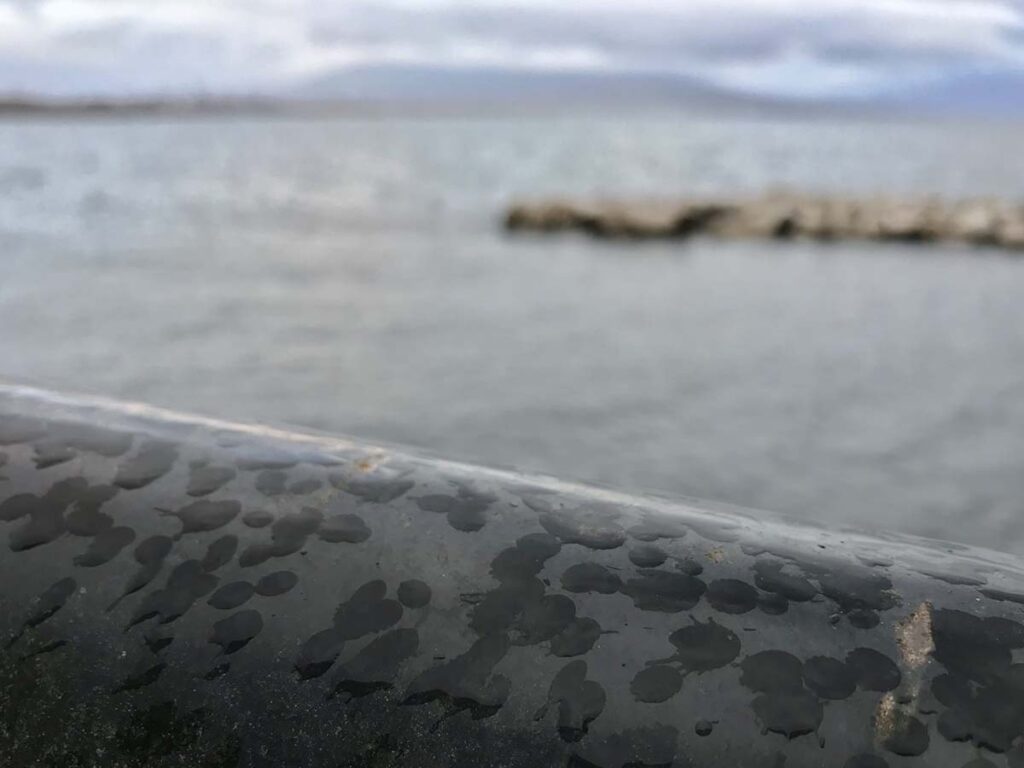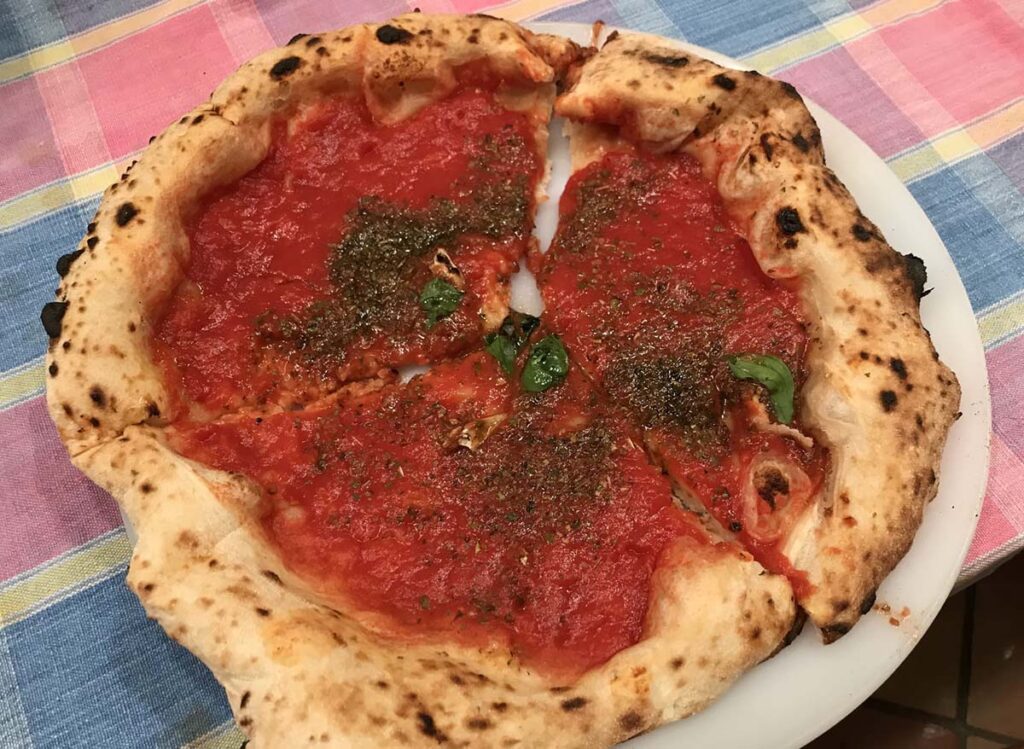As I type this, construction workers are hammering outside my window, standing on a mobile scaffolding. The noise of traffic joins in, rising all the way up to the second floor. Then comes the smell of freshly-baked pizza from the joint just below. Such mundane details, you may think.
The scaffolding had become a ghost structure during the strictest phase of the lockdown here in Italy, with people forced to stay home to avoid the spread of the coronavirus. Traffic was certainly one delight of Naples I could do without – unlike pizza, oh, the smell is making me so hungry! The presence of all three herald something important: Italy has entered so-called “phase 2” of containment measures.
Construction workers have been allowed to resume activities; same goes for restaurants and cafes but only for takeout and delivery. (Did I mention the smell is quite distracting?!)
The lockdown in Naples has been stricter than in other parts of Italy, even though the toll of infections has been quite low in comparison to the rest of the country. Restaurants and cafes were completely closed; you could only go to the closest supermarket, carrying self-certification. Children were not allowed outside at all.
During all those weeks inside, what I missed most were my daily afternoon walks along the Mediterranean when my husband Nacho and I talked about life while our son Lorenzo napped in his stroller.
Last week, just as my last newsletter went out, I was getting ready for the first such stroll after seven weeks. I felt so energised that at the last minute I actually decided to go jogging instead.
So off I went, anticipating the moment I would reach the sea and let my gaze wander along the horizon. I had a face mask on (part of the rules to go outside), and it was uncomfortable. As the seaside got closer, I felt the wind on my skin, and the stink of the sea reached my nose, despite the mask. And, finally, there it was: I was stepping on the Lungomare, and the sea lay in front of my eyes! Just then: pluck pluck pluck … It started pouring down!

If this were a script for a film, my editors would cross out this very scene: too cheesy. But there I was, getting drenched. I thought I could keep going. But I felt cold and quickly retreated.
(When I told this story to Nabeelah, our conversation editor, she pointed out that Neapolitans are afraid of rain. She has a point. A friend of mine jokes that we react to rain as if we were made of paper and getting some drops on us could make us shrink and eventually disappear. But then again, Nabeelah is British and probably believes that humans are like plants that need to be watered by rain regularly … 😬)
Going back to normal?
As I ran back home, Nacho messaged me to say he had gone on a separate walk with Lorenzo, and they were waiting for me outside my house. When I approached them, Lorenzo didn’t recognise me. I guess my mask obscured most of my face, because when I took it off, he finally smiled at me. With that, we decided to continue our adventure in the rain together.
It was Lorenzo’s very first time out in seven weeks. I had gone out for groceries a couple of times but he has now spent a seventh of his life locked inside. As we strolled, he seemed confused, and I wondered what he was thinking about.
For those of you who are new to this newsletter, Italy’s lockdown caught us overnight as we were visiting my parents in Naples. As we don’t have a home and had travel plans, we had to stay put.
I’m not sure what normality is, nor am I sure that I like going back to things like traffic, for example, but one thing that was not normal and that I will miss is the amount of time that Lorenzo got to bond with his grandparents.
It’s the opposite of what happened to most people. As the coronavirus hit, most grandparents and grandchildren got cut off from one another.
Grandparents as carers
My colleague Lynn Berger and I have been talking about how important grandparents are in children’s lives.
Not only do grandparents now live longer, but – as birth rates have decreased, especially in the west – grandparents can focus more on fewer grandchildren. In countries where childcare options are expensive or inaccessible, grandparents play a big role in the economy by allowing parents to work while they step in as babysitters.
In other contexts, for example where migration is very high, grandparents effectively raise their grandkids while parents work far away. In Ecuador, for example, I visited a town where the entire population was either under 18 or over 50 years old.
Various scientific disciplines are now looking into the influence of grandparents on their grandchildren, and vice versa. But now that many grandparents and grandkids can’t hang out because of the coronavirus, Lynn and I are wondering what this separation will mean in practical terms for the oldest and the youngest of our society.
How do grandchildren and grandparents cope without each other? (Ok, video chats are a thing, but I can tell you they’re not a great substitute, especially for the youngest.) And how do families cope without babysitting grandparents? What does the coronavirus mean for this basic relationship of care?
Lynn and I would love to hear your experiences. So feel free to respond below or email me.
I myself am curious to see how my parents will adjust once we move on, post-coronavirus, and how Lorenzo will cope too.
In the meantime, in this context of uncertainty, I have acted on what I can achieve just now.

Join the conversation!
In my new story coming out soon, I will explore what we can learn from New Zealand’s prime minister Jacinda Ardern in terms of involving children in politics.
Several interesting people are going to join the conversation, including Victor Sande-Aneiros of Child Rights International Network (CRIN), who is an expert, but also a member of The Correspondent!
If you are under 18, or know under-18s who would be interested in joining the conversation about children’s role in politics, please reach out and I can tell you more about our plans.
Until next week, stay tuned for more,
Irene
This article first appeared in The Correspondent, the member-funded platform that shut down on 1 January 2021.

